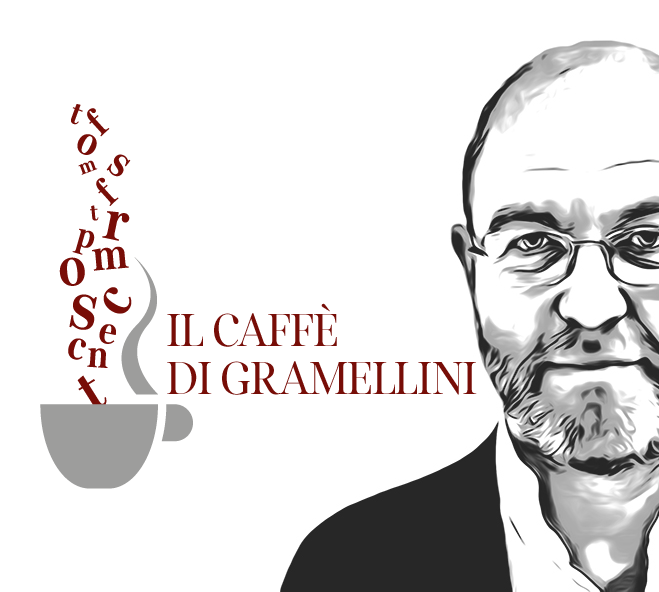The secret of the Windsors is that they are not just a royal family. They are a family: an even more difficult profession, especially for those who must combine it with that of being royal. They seem to be written by a phantasmagorical screenwriter who produces plot twists with the relentless cadence of a metronome.
Phantasmagorical and yet very human, because it manages to portray the protagonists — people with no other apparent talent than being born with the club card in their pocket — as a cast of individuals marked by inner scars in which everyone can recognize themselves. Take the black sheep, Harry. In every family, there is a Harry.
The misunderstood, the outcast, the victim, the one who demands recognition. For a moment, he had conquered the center stage, with that kind of Ilary he took as a wife, writing and filming very lucrative rants. Then he broke with the entire board of directors: the father, the brother, and the impeccable sister-in-law, so different from his very imperfect and beloved mother.
After that, these reconciliation meetings are almost never memorable: often too hasty, as seems to have been the one between Harry and Charles. But they soothe the wounds, so that the family, the fiction called family, the Windsor’s as well as ours, can continue. Gramellini’s Café awaits you here, from Tuesday to Saturday.
Subscribers to the Corriere also have access to “PrimaOra,” the newsletter that allows you to start the day in the best way.
